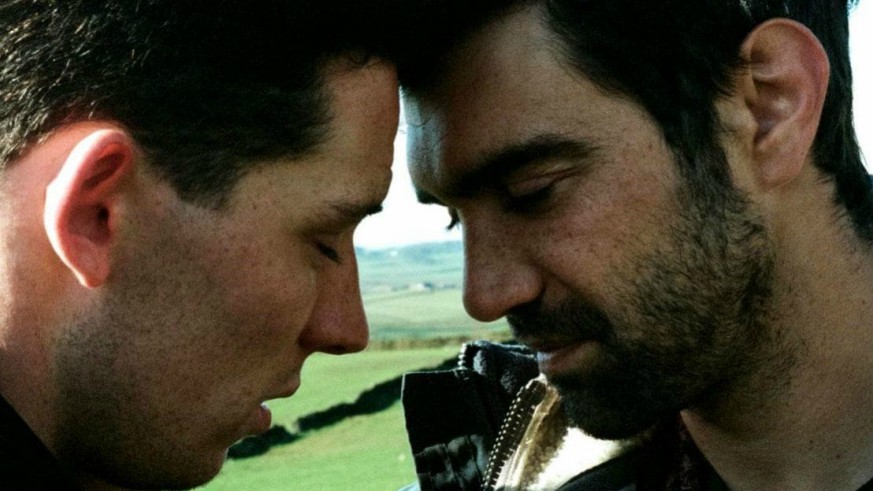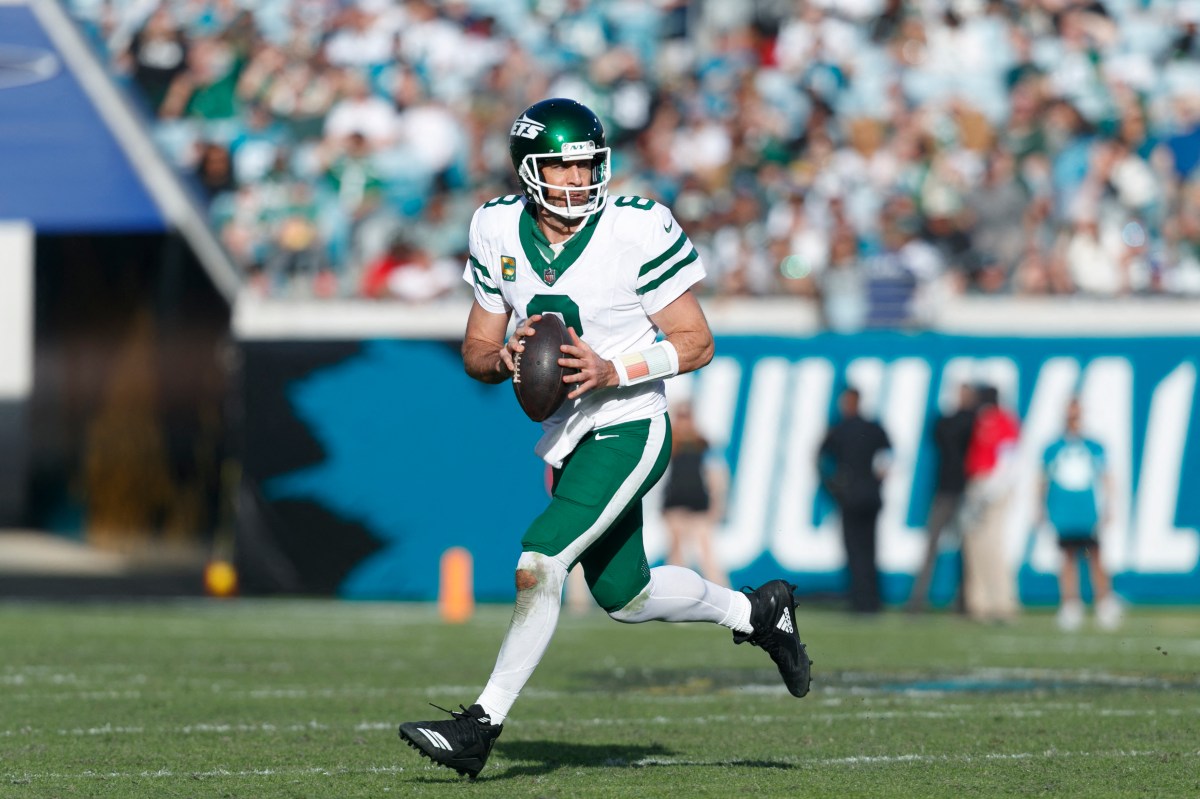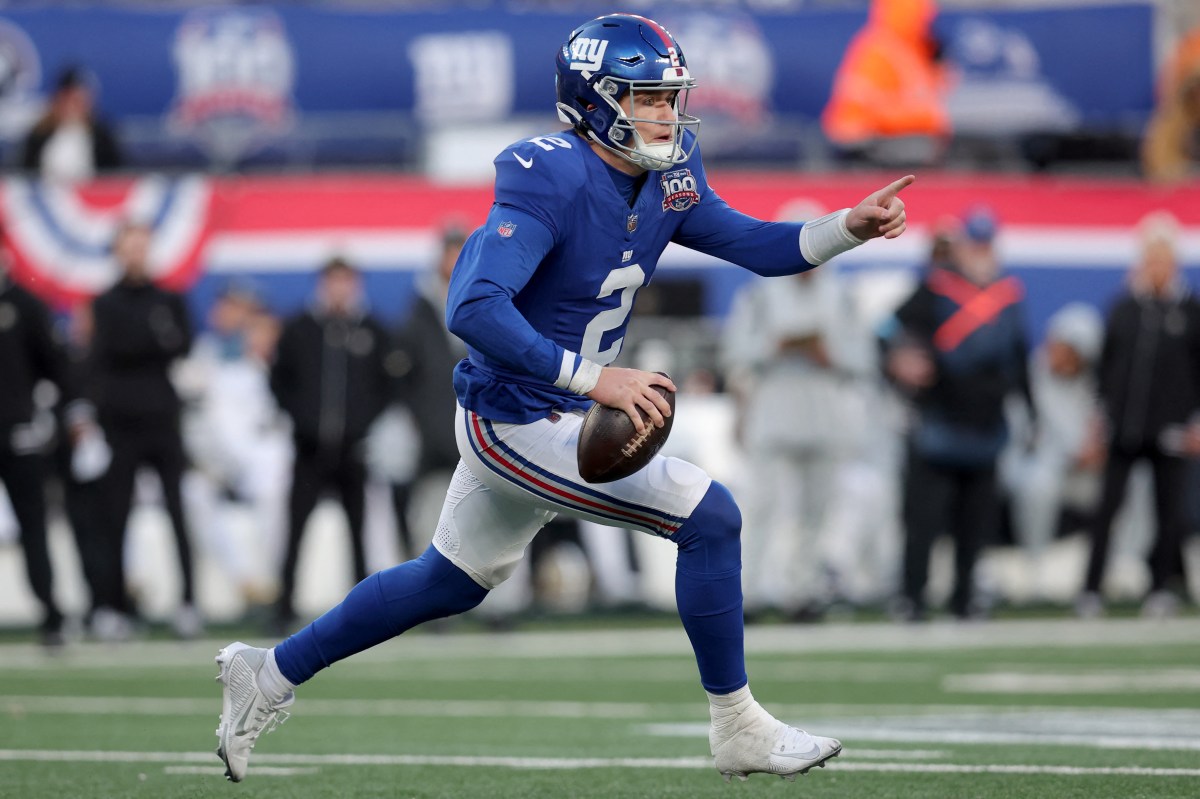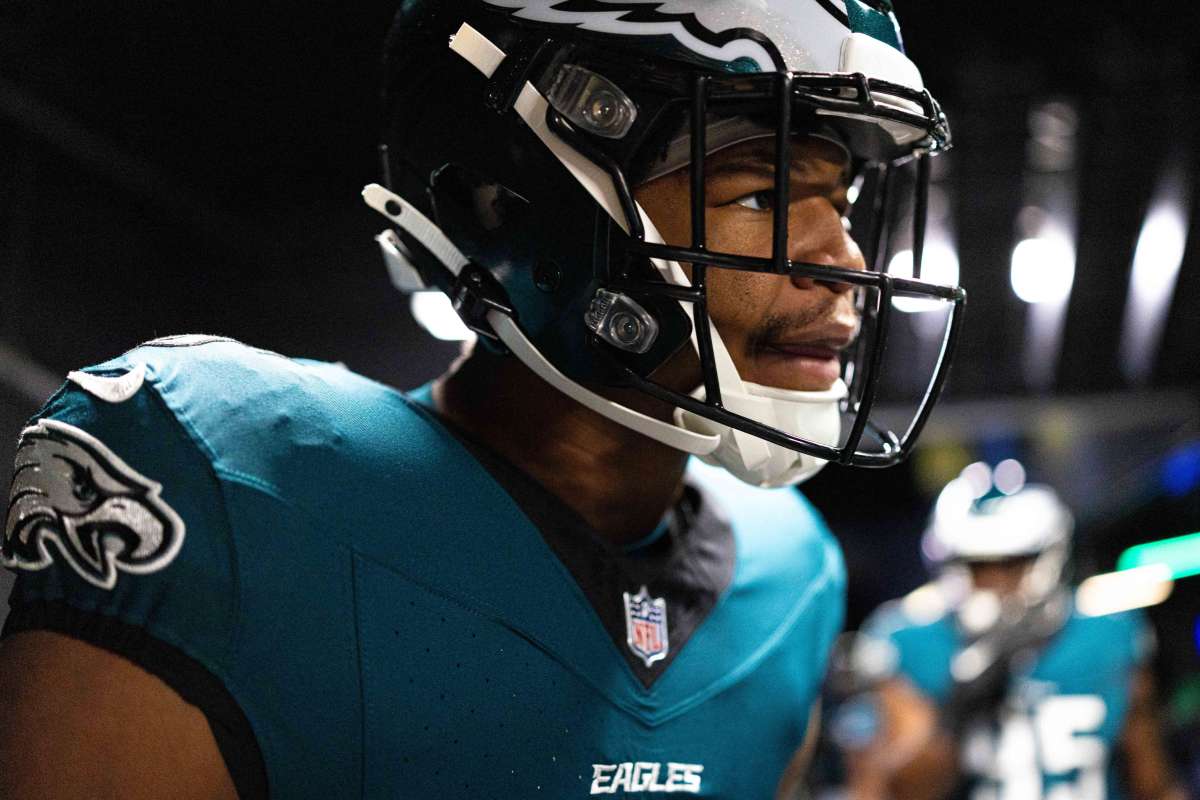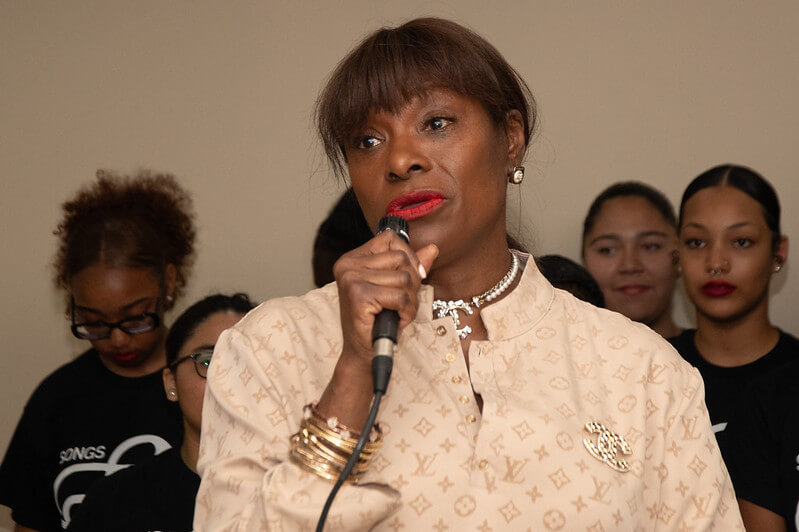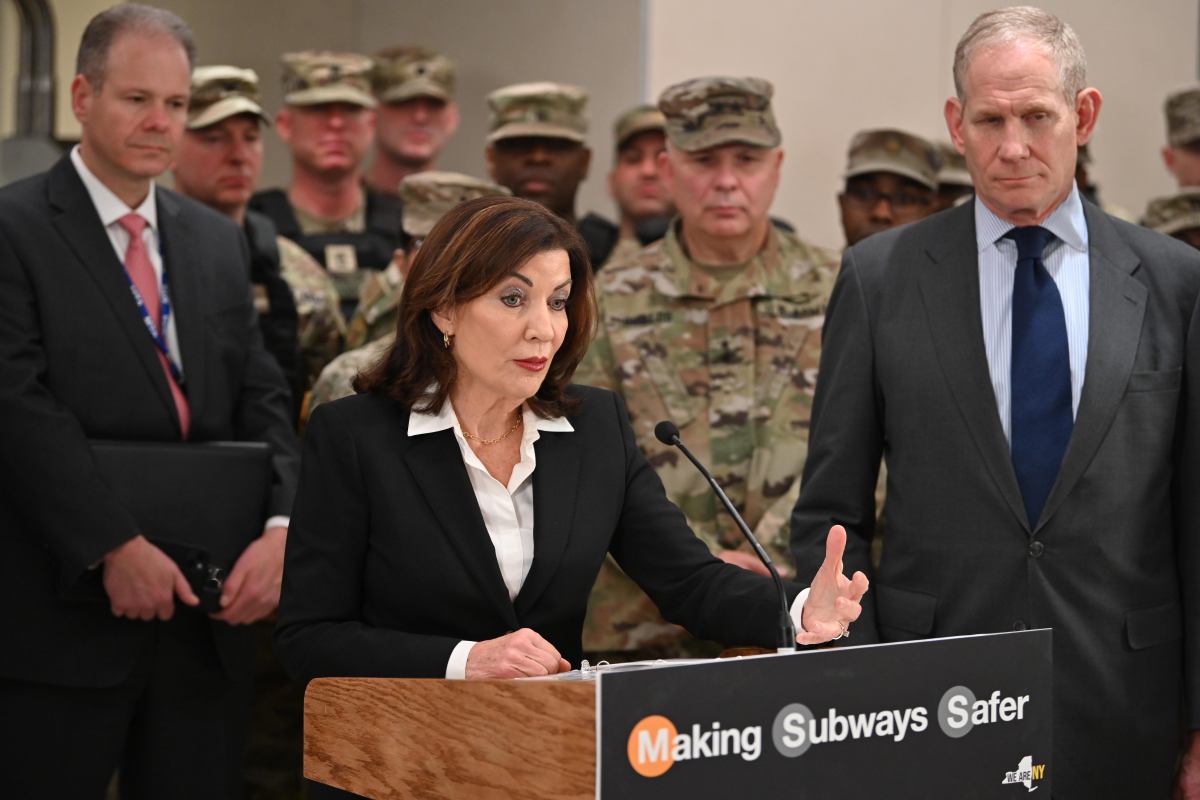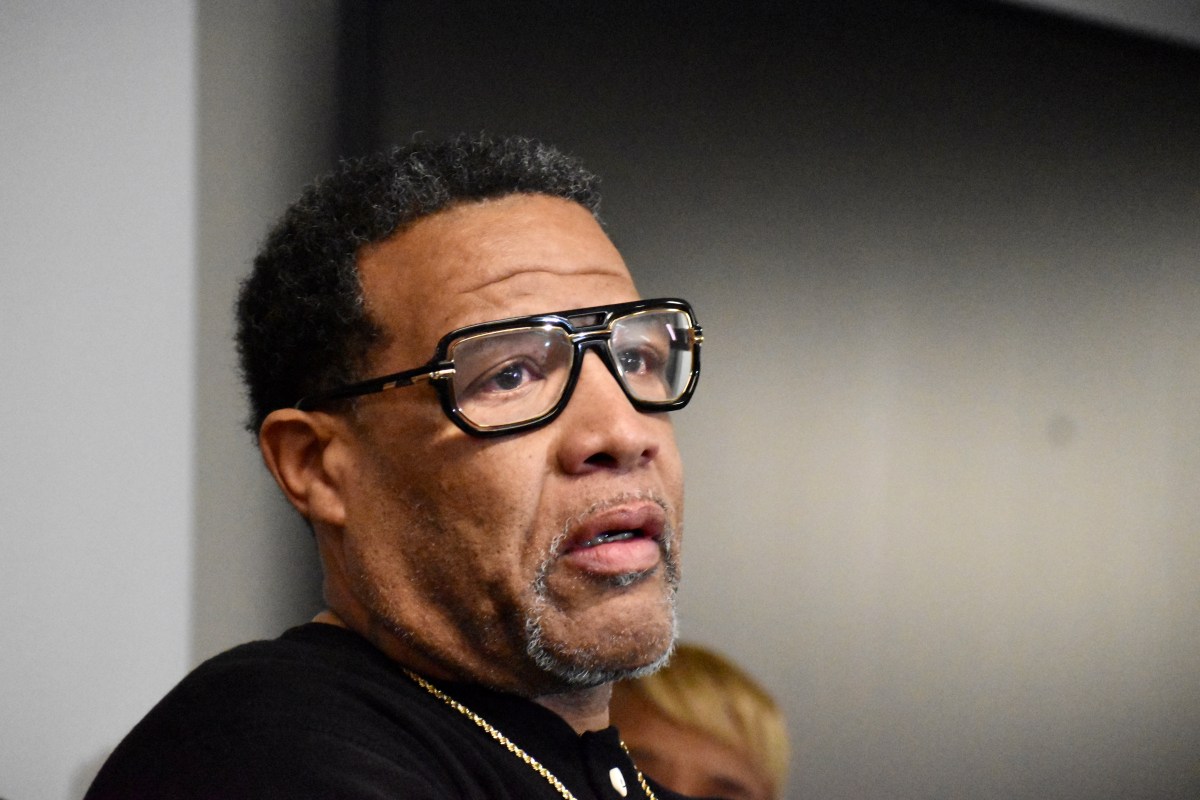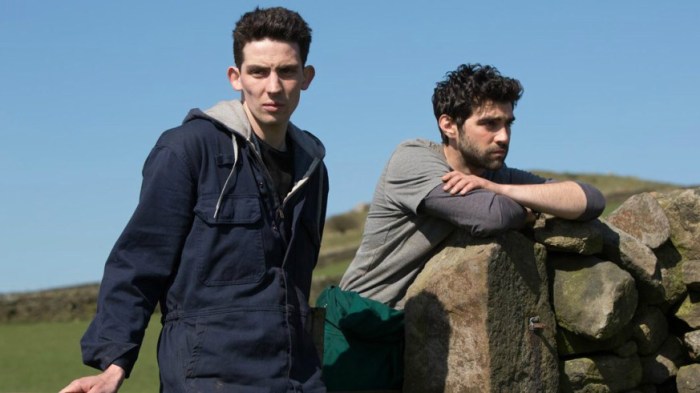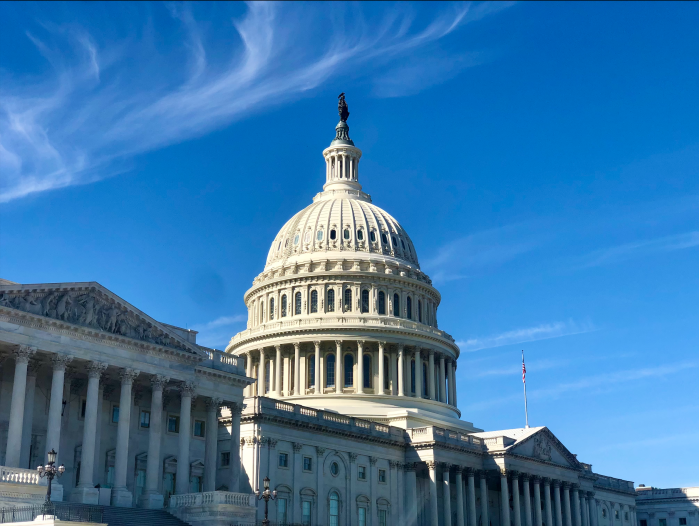There’s a lot that goes unsaid in God’s Own Country, Francis Lee’s quiet, thoughtful, and mesmeric romantic drama about two sheep farmers in the windswept hills of Yorkshire, England.
Lee, who both wrote and directed the critically acclaimed film, knew that this silence was necessary to make the characters authentic. However, at the same time, they needed to at least show some progression, especially as the romance between Johnny (Josh O’Connor) and Gheorghe (Alex Secareanu) was heating up.
Lee decided that the best way to depict the “beginnings of a transformation” in Johnny was through “God’s Own Country’s” sex scenes, something he explained when I sat down with the director earlier this week.
“I have this character Johnny, who is not articulate. He doesn’t really speak. And he certainly doesn’t speak about how he feels. But I want to see some beginnings of a transformation in him from knowing Gheorghe. The way that I could eloquently depict that is by showing how he has sex. So the first time you see him having sex is in the back of that cattle trailer with that lad. And it’s just bang bang, he’s not interested in getting to know him. It’s just do it, get on, move on. That visually tells me exactly where that guy is at. Who he is. What he is about.”
“And then to show that shift, and to show how Gheorge teaches him about intimacy, pleasure, time, tenderness, I thought was an incredibly powerful, visual way of depicting how someone can shift very subtly emotionally. These are not middle class people who go home and say, ‘I’m feeling sad because I am in love. I don’t know if I can express myself.’ Or read poems. That doesn’t happen. They’re too tired from working. That’s why those scenes are in there. To show that arc and to show that emotional change.”
During our discussion I also asked whether he felt any pressure from those that were funding “God’s Own Country” to tone down some of the sex scenes, but Lee insisted that the British Film Institute was nothing but supportive throughout the entire process, while also dimissing accusations that these scenes are too “explicit.”
“No, that was actually fine. The people who funded the film, the BFI, were actually incredible, and they allowed me to make the film that I wanted to make and in the way I wanted to make it … It is interesting, because in a lot of interviews people bring up the ‘explicit’ nature of the sex scenes. And I’m like, ‘Have you seen ‘Game of Thrones’? That’s more explicit’.”
What Lee has noticed, though, is that when he takes “God’s Own Country” to big metropolises across the world some viewers voice question why neither Johnny or Gheorge are confronted with homophobe in the film, which they believe isn’t an honest representation of that part of the world. Anytime Lee finds his home and film being accused in this manner he immediately strikes back, though, and insists that he has never been confronted or attacked in this area because of his sexuality.
“When we have shown the film in London or New York or in a big metropolitan place where big lovely liberal people come to see it, they sit there and go, ‘But how realistic is it that two guys or women can live in a rural community and not be victimized?’ And I’m like, ‘What are you saying about the people that live there?’ Because that’s not my experience. My experience is the complete opposite.”
“Where I live, about 30 minutes down the road is this place called Hebden Bridge, which has the biggest lesbian community in Europe. Down the road is Todmorden, which has a big gay community, too. These are rural small towns. When I came out it was such a non-event, no one really cared. Sure they might not sit around and talk about it forever and naval gaze about it.”
“You can’t demonize people like that. It’s wrong. It’s the same way that in this country that people go all Trump supporters are racist, sexist, homophobes. Like when Hillary called them a ‘basket of deplorables.’ You can’t say that about people.”
“God’s Own Country” is now in cinemas across the United States, including the IFC Center in New York City.

